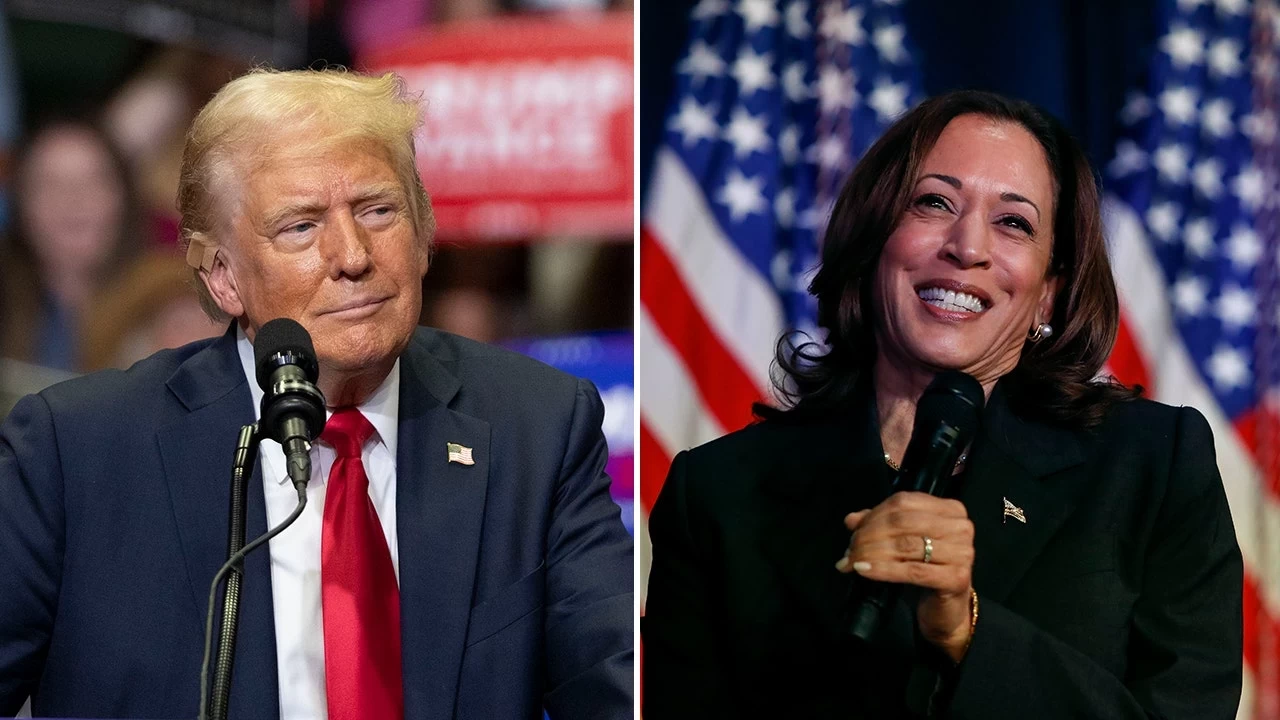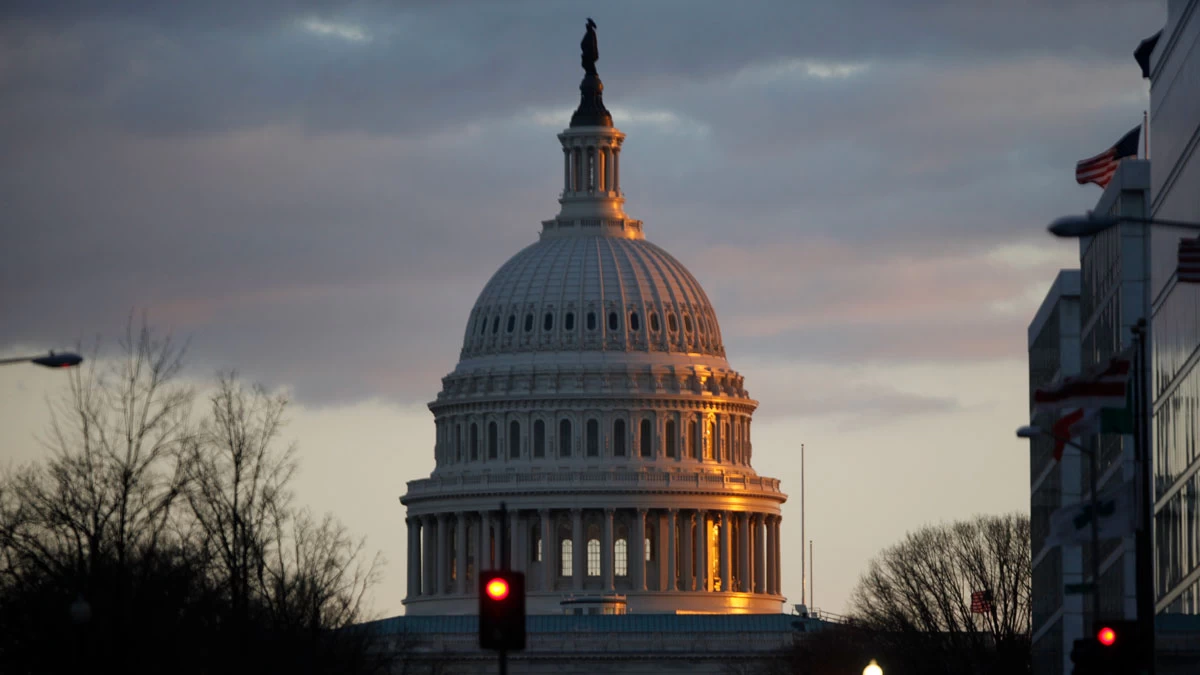Inflation
Kamala Harris has expressed her commitment to addressing the rising costs of food and housing for working families as her top priority. She has proposed measures such as banning price-gouging on groceries, assisting first-time home buyers, increasing housing supply, and raising the minimum wage. Inflation, which surged during the Biden administration, was influenced by various factors including post-Covid supply chain disruptions and the conflict in Ukraine. While the inflation rate has decreased recently, former President Trump has pledged to tackle inflation by advocating for increased oil drilling to lower energy costs and promising lower interest rates, despite this being outside the president's control.
Taxes
Harris plans to raise taxes on large corporations and individuals earning over $400,000 annually, while also introducing tax relief measures for families, such as expanding child tax credits. In contrast, Trump has proposed extensive tax cuts, including an extension of his previous tax cuts that primarily benefited wealthier individuals. Both candidates' tax plans are projected to contribute to the growing budget deficit, with analysts suggesting that Trump's proposed tax cuts would have a more significant impact on the deficit.
Abortion
Kamala Harris has made advocating for abortion rights a focal point of her campaign, pushing for legislation to protect reproductive rights nationwide. In contrast, Trump's appointments to the Supreme Court have played a crucial role in challenging the constitutional right to abortion established in the landmark Roe v Wade case. His stance on abortion has been inconsistent throughout his presidency.
Immigration
Harris has been involved in addressing the root causes of the southern border crisis and securing funding for investments aimed at reducing migration. While she has emphasized her prosecutorial experience in combating human trafficking, Trump has focused on border security through measures such as constructing a border wall and increasing enforcement. He has also proposed a significant deportation campaign for undocumented migrants, a move that experts believe would face legal challenges.
Foreign Policy
If elected, Kamala Harris has pledged to support Ukraine and prioritize US interests over China in global competition. She has advocated for a two-state solution for Israelis and Palestinians and called for an end to the conflict in Gaza. In contrast, Trump's foreign policy approach leans towards isolationism, aiming to disengage from international conflicts and prioritize US interests. He has proposed swift resolution of the war in Ukraine through negotiations with Russia, a stance that has drawn criticism from Democrats.
Trade
Harris has criticized Trump's broad tariff policies, labeling them as a tax burden on working families. She is expected to adopt a more targeted approach to taxing imports, focusing on specific areas like Chinese imports. On the other hand, Trump has centered his campaign on imposing tariffs on foreign goods, especially from China, and incentivizing domestic manufacturing through lower corporate taxes.
Climate
During her vice-presidential tenure, Harris supported legislation to reduce inflation by allocating funds to renewable energy and electric vehicle programs. Trump, on the other hand, rolled back numerous environmental regulations while in office and has expressed intentions to expand drilling activities in the Arctic. He has also been critical of electric cars, presenting a distinct approach to climate policy compared to Harris.
Healthcare
Harris has been part of an administration that focused on reducing prescription drug costs and capping insulin prices. Meanwhile, Trump, who has aimed to dismantle the Affordable Care Act, has pledged to improve healthcare without specifying detailed plans. The Affordable Care Act has significantly increased health insurance coverage, with Trump advocating for taxpayer-funded fertility treatments, a proposal that may face opposition in Congress.
Law and Order
Kamala Harris has highlighted her prosecutorial experience while contrasting it with Trump's legal issues. Trump has vowed to combat drug cartels, reduce gang violence, and address crime in Democratic-run cities. He has indicated a willingness to utilize military forces to handle dissenting groups, which he views as threats to the nation.
Guns
Harris has prioritized preventing gun violence and has advocated for stricter gun control laws, although enacting such measures would require congressional support. Trump has positioned himself as a strong supporter of the Second Amendment, emphasizing the right to bear arms and receiving praise from groups like the National Rifle Association.
Marijuana
Kamala Harris has called for the decriminalization of marijuana for recreational use, citing concerns over disproportionate arrests of minority individuals. Trump has softened his stance on marijuana policy, acknowledging the need to reduce unnecessary arrests and incarcerations for minor marijuana-related offenses.
















